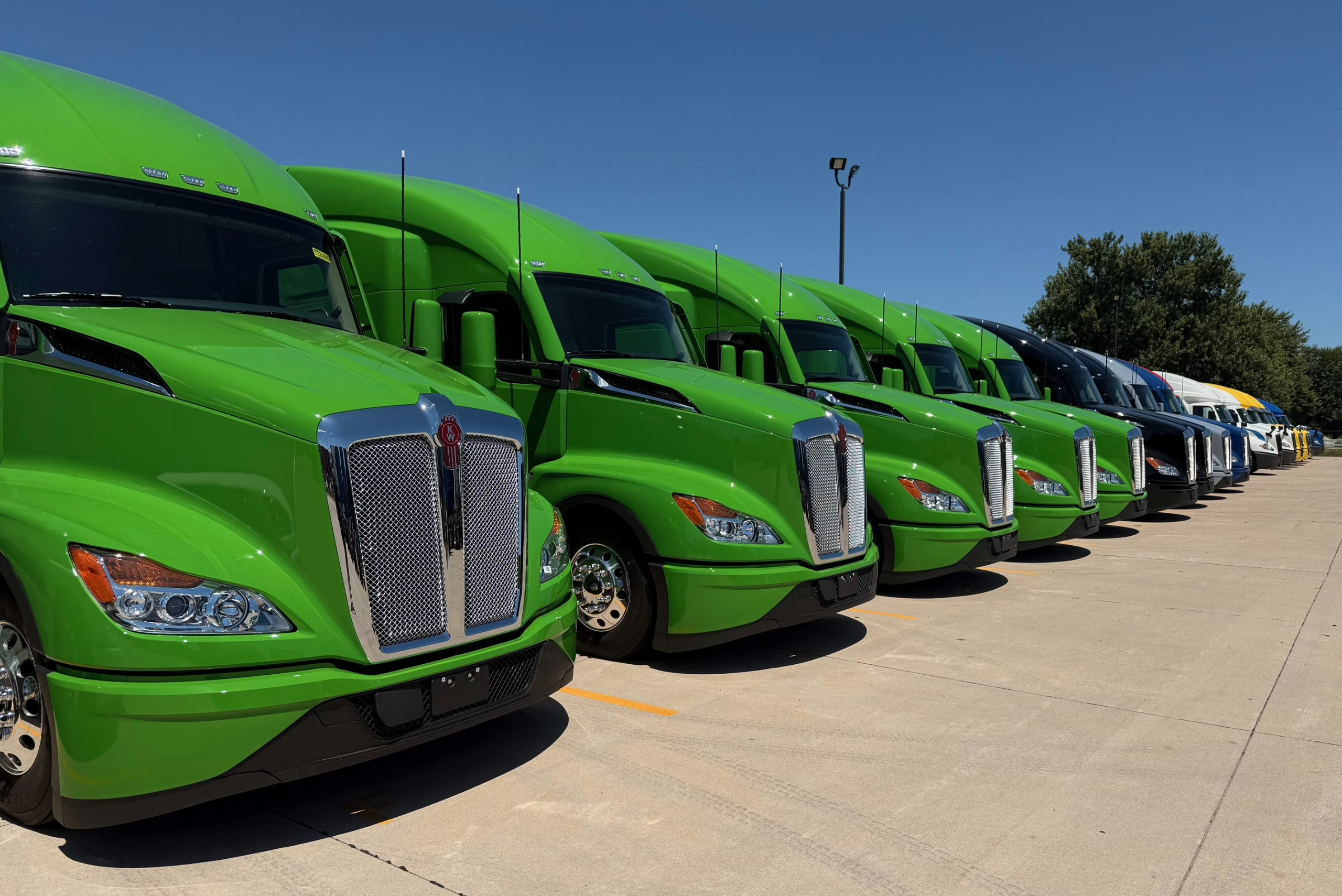Cargo Insurance
Don’t let lost or damaged cargo disrupt business. Get a quote in as little as five minutes.
What Is Cargo Insurance?
Cargo Insurance protects businesses from financial impact if the materials a truck is transporting are lost, damaged, or destroyed while in transit or in your custody.
Should I Include Add-On Coverage in My Cargo Insurance Policy?
Whether or not you should include the add-on coverages depends on the cargo you haul. Ten Four offers options that may be helpful.
Spoilage & Refrigeration
Breakdown
If you pull a reefer trailer, then Spoilage & Refrigeration Breakdown is highly recommended. This coverage protects you from losses due to reefer truck cargo that spoiled because of refrigeration failure due to mechanical issues or an accident.
Debris Removal
& Pollutant Cleanup
Debris removal can be time-consuming and costly. That’s even more true for cargo that can release pollutants. This add-on to cargo insurance covers those costs and may be a wise safety net for your business.
We offer a variety of deductible options and limits to meet your specific agreement and coverage needs.
Get a Quote in Minutes
Get started today and save on commercial truck insurance by filling out our insurance quote form!
Cargo Insurance FAQs
Should I include add-on coverages in my cargo insurance policy?
Whether or not you should include the add-on coverages depends on the cargo you haul.
Spoilage & Refrigeration Breakdown
If you drive a reefer truck, then Spoilage & Refrigeration Breakdown is highly recommended. his coverage protects you from losses due to reefer truck cargo that spoiled because of refrigeration failure due to mechanical issues or an accident.
Debris Removal & Pollutant Cleanup
Debris removal can be time-consuming and costly. That’s even more true for cargo that can release pollutants. This add-on to cargo insurance covers those costs and may be a wise safety net for your business.
Does cargo insurance cover all types of cargo?
No, our policies do not cover all cargo.
Exclusions include:
- Acloholic beverages, NOC
- Batteries
- Boats/yachts
- Cars
- Computers
- Eggs
- Electronic materials
- Firearms, explosives & ammunitions
- Furs or fur-trimmed garments
- Hazardous substances
- Livestock & live poultry
- Lumber logs/pulpwood
- Marijuana products
- Meat & seafood
- Oversized loads
- Pharmaceuticals
- Sand/water used in fracking
- Tires & tubes (rubber)
- Tobacco and tobacco products
- TVs, radios & stereos
- Video equipment & tapes
Does the FMCSA require cargo insurance?
The Federal Motor Carrier Safety Administration (FMCSA) does not legally require all fleet owners to have cargo insurance. The FMCSA does require interstate carriers transporting household goods to be covered by cargo insurance.
Many states have similar requirements for intrastate carriers of household goods, so be sure to check your state’s regulations.
In addition, shippers and brokers may require you to have cargo insurance.
But even if those requirements do not apply to your business, cargo insurance is highly recommended to protect your business from potential financial impact.
How Cargo Insurance Protects Your Trucking Business

Cargo insurance protects commercial trucking fleet owners and its customers. It’s about peace of mind, but also trust.
With this coverage, fleet owners know they have a financial safety net that covers cargo that’s damaged, lost, or stolen in a covered event. For many trucking companies, this type of loss could significantly impact their business. Customers, on the other hand, know that a fleet backed by cargo insurance protects also protects their financial interests.
While most customers and freight brokers require cargo insurance, these policies show that a fleet can be trusted as professional and reliable.
